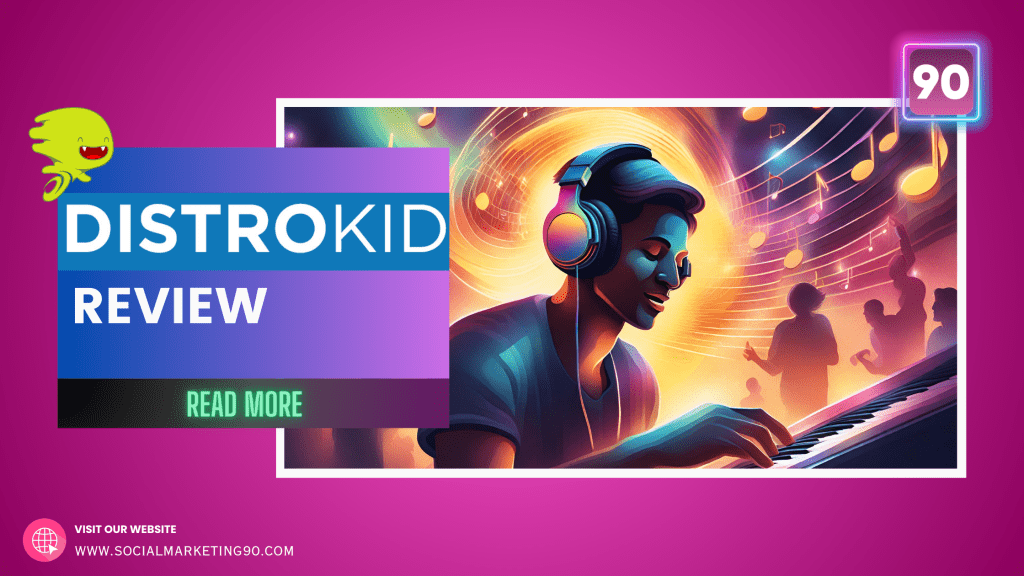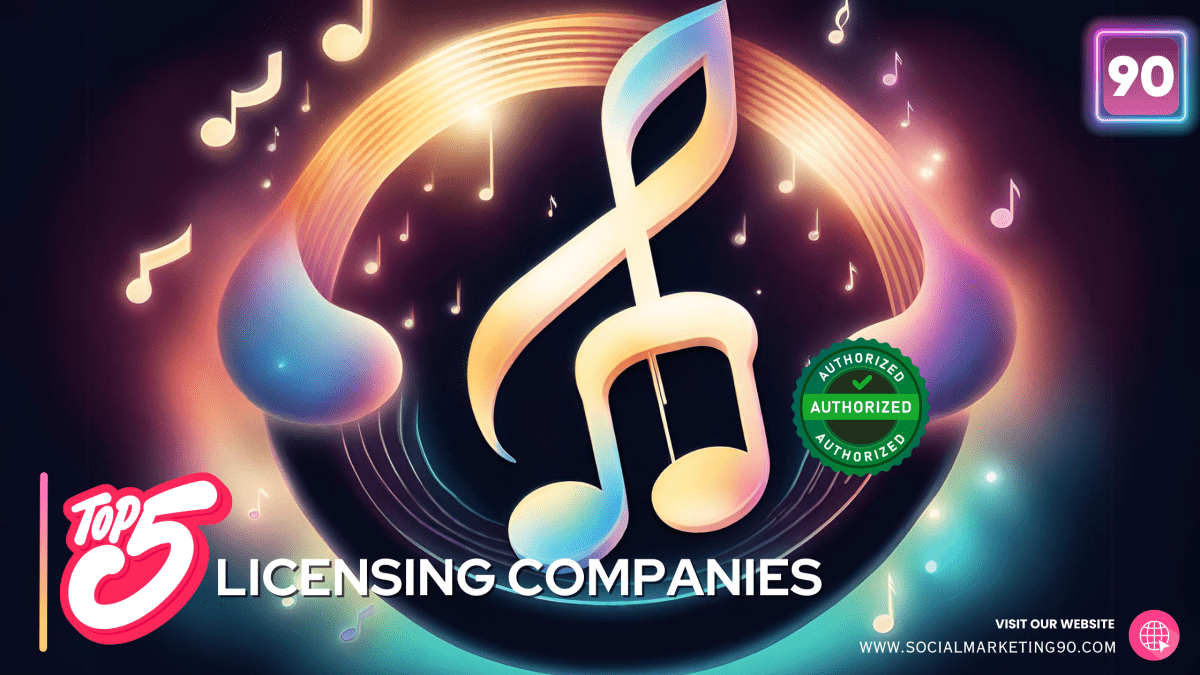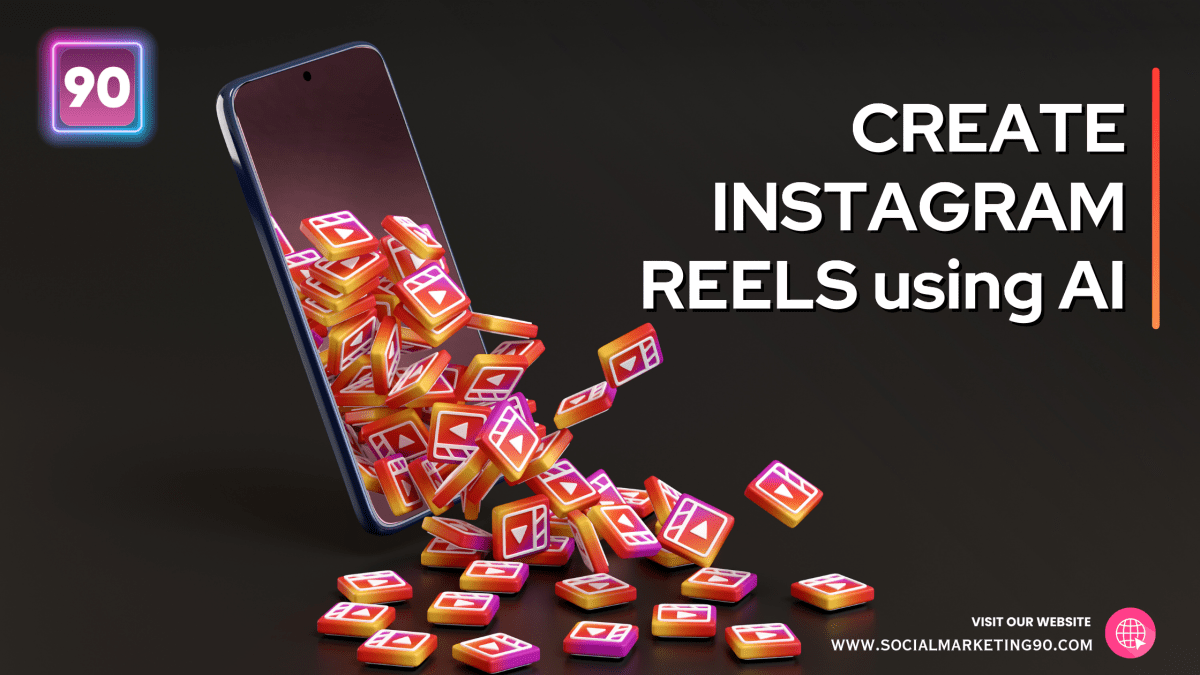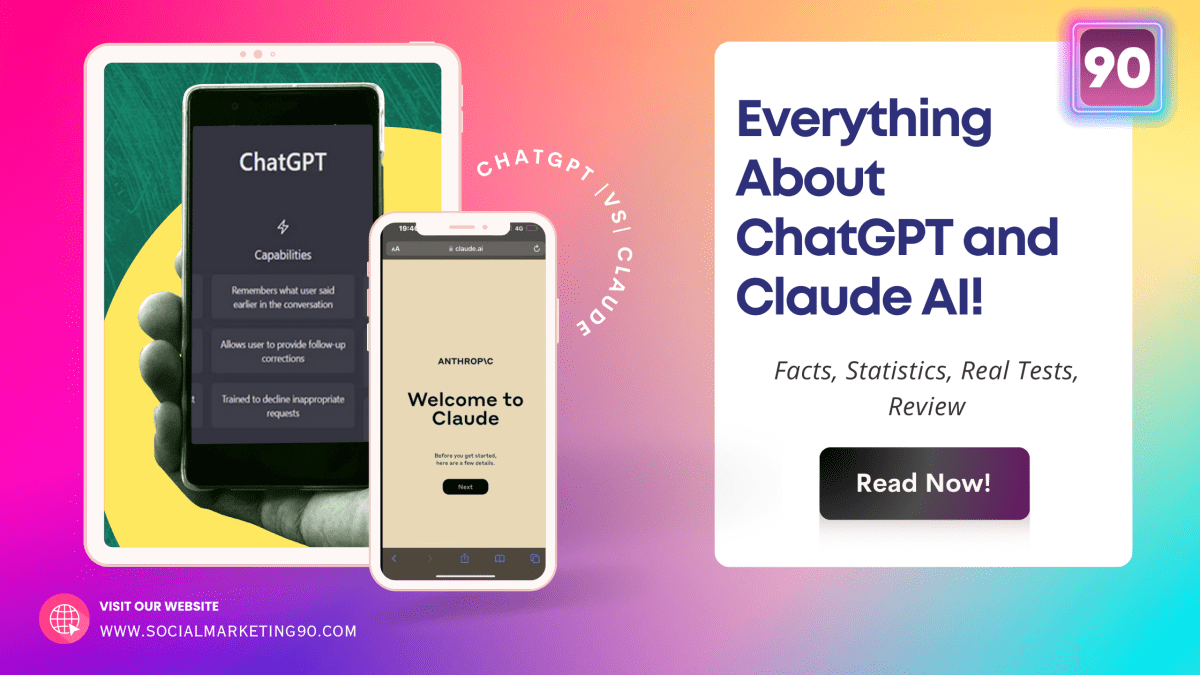Have you ever been let down by a music distribution company and vented about it online? Chances are, someone’s suggested switching to DistroKid. But what’s the big deal with DistroKid, really? What makes it stand out from the rest? In this DistroKid review, we’re going to take a closer look at DistroKid and see if it lives up to the hype. Let’s dive in.
What Is DistroKid?
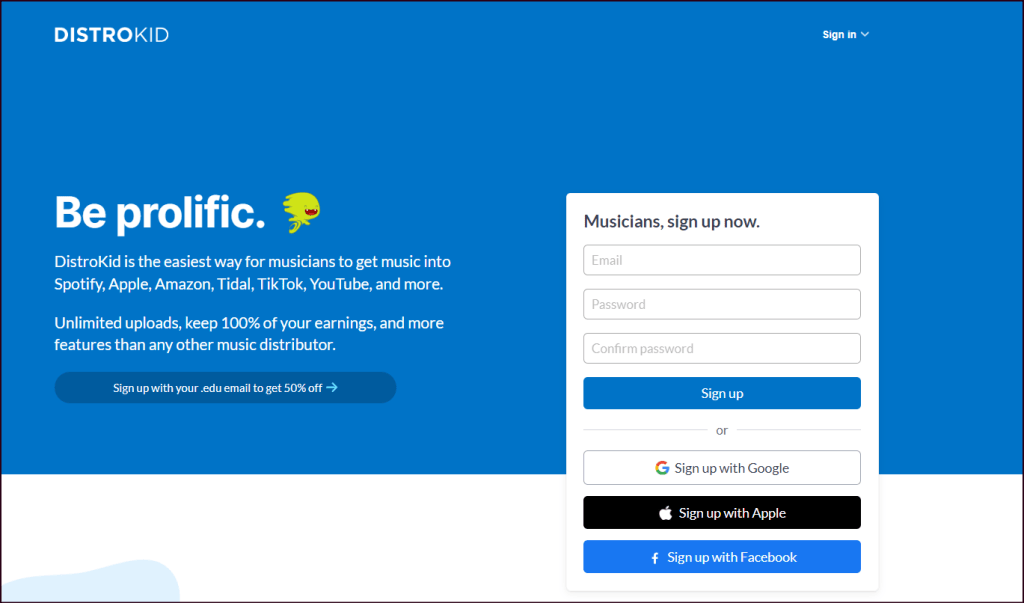
DistroKid hit the scene in 2013 as a digital music distribution service aimed at indie artists and record labels. Its goal? To get your tunes onto global digital platforms like Amazon Music, Deezer, Spotify, TikTok, and iTunes, so you can start earning money from your music.
How Does DistroKid Work?
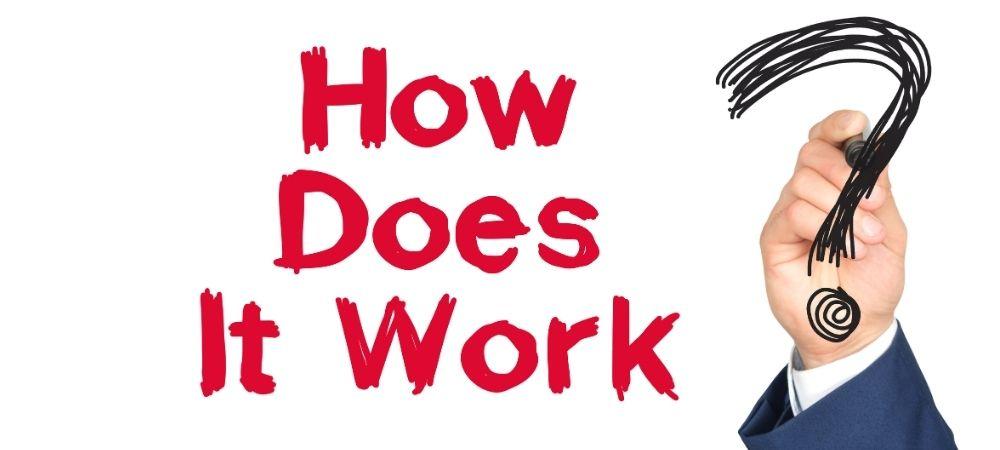
DistroKid nails its main goal—helping musicians earn from their creations—with a straightforward method. Musicians upload their tracks, DistroKid distrubutes them to digital music platforms, they generate revenue, and DistroKid ensures the artists get 100% of the revenue. Simple, right? But if you’re looking for a detailed guide on how to get started with DistroKid, check out the steps below:
Step 1: Join DistroKid
Creating a DistroKid account is free, but you’ll need to choose a subscription plan to move forward with uploading your music.
Step 2: Get Ready to Upload Your Track
Before diving into DistroKid, you’ll want to prep everything needed to release your music through their service. You’ll need:
- Your Music Track: The track should be a mastered .wav or .aiff file, 16 bit and 44.1 kHz. This ensures your music sounds its best when it hits online stores.
- Cover Artwork: Ensure your cover image is at least 1000×1000 pixels and saved as a JPEG. Avoid including social media handles, website URLs, nude images, or any unlicensed content.
Step 3: Provide Required Information
Next up, DistroKid needs to know a few things about your track. Here’s are some of the questions they’ll ask:
- Is your track a single, an album, or an EP?
- Has it been released before?
- Do you have all the publishing rights?
- What’s the artist or band name it should go under?
- When do you want to release it?
- Are you up for letting fans preorder it?
- What artwork do you want for the cover?
- Upload the audio file.
- What genres does it fall into?
- Is it instrumental, or does it have lyrics?
- Featuring any artists? Who are they?
- How much should it cost per stream or download?
While you’re providing these details, you’ll also pick which digital stores where you want your music to be sent.
Step 4: Grab Some Extras If You’re Interested
DistroKid has a bunch of cool extras that can really give your music release a boost. Here’s a quick look at one of them:
a) Audiomack Upload
You can upload your tracks to Audiomack for free through DistroKid. You might be wondering why DistroKid treats Audiomack differently from other platforms it distributes to. Well, when DistroKid uploads your music to Audiomack, it goes directly into your own Audiomack account. This means you’ll need to link your Audiomack and DistroKid accounts together for this to work.
Want to link your accounts? Here’s how:
- Visit https://distrokid.com/audiomack-connect
- Select the artist profile you want to link.
- DistroKid will then redirect you to Audiomack.
- Just authorize the connection, and you’re all set!
b) Beatport Unlimited Uploads
If EDM is your jam and you’re producing tracks that get the dance floor moving, you’ll want to check out DistroKid’s Beatport Unlimited Uploads. Beatport is the go-to spot for electronic dance music, catering to DJs and fans alike.
For $9.99 a month, DistroKid will ensure all your EDM tracks stay live on Beatport and will handle uploading any new bangers you drop. As long as you keep your subscription active, your beats will keep pumping on Beatport.
c) YouTube Content ID
Ever wonder how to keep track of where your music pops up on YouTube? Enter YouTube Content ID. This handy system scans new uploads against a database to find if your copyrighted music is being used.
If it finds a match, you get to decide whether to block the video, make some money from it, or simply keep tabs on its reach. DistroKid offers to manage this for you, uploading your tracks to the Content ID system.
It costs $4.95 annually, plus they take a 20% cut of any revenue generated. But the upside? You get paid whenever your music is used in someone else’s YouTube video.
d) Store Maximizer
For $7.95 a year, DistroKid’s Store Maximizer ensures your music is automatically added to any new digital music platforms as soon as they join DistroKid’s network. It’s a set-it-and-forget-it kind of deal, making sure your tracks reach as wide an audience as possible without you having to lift a finger.
e) Social Phone Number
Think of a social phone number as a US number you give out to your fans so they can text you. It’s a cool way to connect, but heads up, it’s not cheap at $12.99 a month.
f) Loudness Normalization
Ever notice how some songs blast your ears off while others barely whisper when you’re jumping between tracks online? Loudness normalization fixes that. It evens out the volume across your music so that everything plays at a consistent level, making for a smoother listening experience. DistroKid offers to tweak your tracks to hit that sweet spot, based on Spotify’s recommendations, for $2.99.
g) Shazam & iPhone Siri
Here’s another fantastic service from DistroKid: get your music recognized by Shazam and Siri. Opting into this service means anyone can find out who you are and listen to your music with a simple Shazam search or by asking Siri about the song that’s playing. It’s a big win for making your music more discoverable.
h)Tidal Master with MQA Technology
Tidal Master provides top-quality music streaming by using MQA (Master Quality Authenticated) technology. Tidal Master ensures that the music is not only of the highest quality but also streams smoothly without losing any of that quality. If you’re an artist, you can use DistroKid to make your songs available in this high-quality format on Tidal. DistroKid charges $8.99 to encode each song with MQA.
i) Leave a Legacy Option
DistroKid offers a subscription service for musicians to distribute their music online. If you don’t renew your subscription, there’s a risk DistroKid will remove your songs from all streaming platforms.
To prevent this, DistroKid has a “Leave a Legacy” option. By paying a one-time fee of $29.99 for each song, you can ensure that your song stays on streaming platforms forever, even if you stop your subscription, delete your DistroKid account, or if there’s an issue with your payment when it’s time to renew.
DistroKid Review

In this part of our DistroKid review, we’re going to take a close look at whether DistroKid is beneficial for artists or not. We’ll consider:
- How fast they approve music
- The cost
- How wide they distribute music
- The tools they provide for promotion
- Any additional support they offer artists
Let’s dig deeper into each point:
1) Speed of Approval
DistroKid is really quick, usually getting your music out to online stores within 24 hours. Many artists have shared their surprise on Trustpilot about how fast their music appeared on streaming platforms, often within a day of submission.
Yet, it’s wise to send your music to DistroKid about a month before you plan to release it. This way, you have time to fix any issues without last-minute stress or potential delays.
2) Cost
The starting price for DistroKid’s service is quite reasonable at $22.99 per year. However, if you choose to use additional features to boost your music’s distribution, the cost can quickly go up by more than $50. So, while it starts off as affordable, adding extras can make it quite pricey.
3) Reach of Distribution
DistroKid can get your music onto more than 150 online music stores around the world, including big names like Apple Music, Spotify, and YouTube, as well as smaller platforms. Considering what you pay for DistroKid’s services, you’re getting a pretty good deal in terms of how widely your music can be distributed.
4) Tools for Promotion
DistroKid doesn’t provide much help with promoting your music. Essentially, you have to handle promotion on your own. However, DistroKid does offer a few free tools that you can use to promote your music by yourself. Some of them include:
a) HyperFollow
This is a feature from DistroKid that lets you create a custom web page where fans can pre-save your music on Spotify before it’s released. Once your song is uploaded to DistroKid, DistroKid automatically makes a link to that page. This link can also be changed later to point fans to other music streaming sites once your song is available there.
b) Mini Videos
Artists can make brief promotional videos for their songs called mini videos. These videos can be posted on social media to grab fans’ attention and spread the word about new music.
c) Meme Generator
DistroKid offers a Meme Generator for artists wanting to promote their music in a playful manner. It’s an easy-to-use tool that helps create memes related to their music, perfect for sharing on social media to engage audiences and increase plays.
d) Synced Lyrics
With DistroKid’s Synced Lyrics feature, artists can add lyrics to their songs that sync up with the music. This means fans can see the lyrics in real-time, as they listen on certain streaming platforms. It’s a great way to enhance the listening experience and help fans connect more with the music.
5) Additional Support for Artists
DistroKid also offers several tools that could really boost your music career, including Instant Share, Mixea, and Distrovid. Here’s a quick look at what each tool does:
a) Instant Share
This feature makes it super easy for artists to share previews of their new music on social media. After uploading a track to DistroKid, you get a customizable link that you can share with your fans, helping you promote your music and connect with your audience quickly.
b) Mixea
Mixea is a tool from DistroKid that helps with the audio mastering process, making it straightforward enough for even those without any audio engineering skills. Mixea lets you adjust EQ and the overall sound intensity of your music, so you can fine-tune your music just how you like it. After mastering, your track is made available in high-quality 24-bit, 48k WAV format. The first track you master is free.
c) DistroVid
DistroVid is DistroKid’s service for sharing your music videos. For $99 a year (or $8.25 a month), they’ll distribute your video to four major platforms: VEVO, TikTok Music, Tidal, and Apple Music. The best part? You get to keep all the money your videos earn from streams.
PROS
- Quick Distribution: DistroKid gets your music out fast. You won't be left waiting to see your song online.
- Free Promo Tools: They offer cool tools to help you create engaging content to promote your songs.
- Helpful Support: Their customer service team is responsive and actually helpful.
- User-Friendly: DistroKid is straightforward and easy to use.
CONS
- Cost: The main drawback of DistroKid is its cost. Between the subscription and various extra fees, it can get pricey, especially if you're not making much from your music yet.
- Limited Music Publishing: DistroKid's YouTube Content ID service only covers YouTube. If your music is used without your permission on other sites, you won't see any royalties from those uses.
Comparison of DistroKid with Alternatives
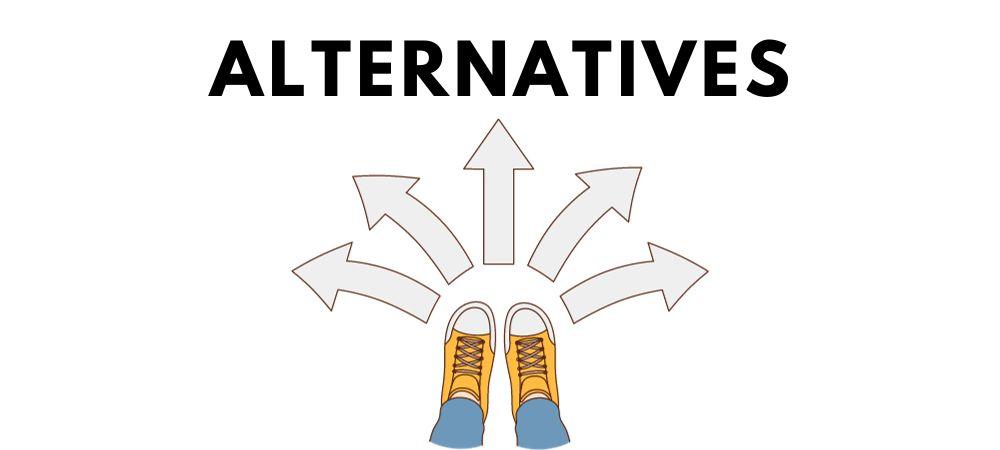
DistroKid is quite good at distributing music, but to see if it’s the right choice for you, we should look at how it stacks up against other music distribution services. We’ll compare DistroKid with TuneCore, Ditto Music, and OneRPM to see how it fares in comparison.
DistroKid vs. TuneCore
TuneCore has been around since 2006, providing services like music distribution, publishing, and licensing online. It has a broad distribution network, able to deliver music to over 150 online stores, similar to DistroKid. Interestingly, TuneCore’s founder, Jeff Price, has moved to DistroKid. So, what makes TuneCore different from DistroKid?
One unique feature of TuneCore is that it allows artists to create their own cover art, saving them the cost and hassle of having it designed elsewhere. DistroKid, on the other hand, does not offer this feature.
When it comes to music publishing, TuneCore’s service is comprehensive, covering all platforms where music can be used, ensuring artists receive publishing royalties from a wide range of online uses. DistroKid’s publishing service is more limited, focusing only on YouTube, which means you only earn publishing royalties from music used on YouTube with DistroKid.
In terms of cost, TuneCore charges a minimum of $19.99 per year, making it cheaper than DistroKid, which starts at $22.99 per year. However, DistroKid offers a subscription plan that covers up to 100 artists under one account, a feature not available with TuneCore. This makes DistroKid a more attractive option for those managing multiple artists.
DistroKid also has a quicker turnaround, approving music distribution in about one day, compared to TuneCore’s two days, making DistroKid the faster option for getting music distributed.
DistroKid vs. Ditto Music
Ditto Music, based in the UK, can distribute your music to over 200 stores worldwide. When Ditto Music handles your song distribution, you keep all your royalties because they don’t take a cut, a benefit that’s also offered by DistroKid. But how do they differ?
Ditto Music charges at least $14 per year for its distribution services, making it cheaper than DistroKid, which starts at $22.99 per year.
DistroKid charges extra for many additional features that come included with Ditto Music’s subscription plans, meaning you won’t pay extra for those features with Ditto Music.
Ditto Music can take at least 10 days to approve music for distribution, and sometimes even up to four or five weeks. DistroKid, on the other hand, usually takes just a day, making it a quicker option for distributing music.
While Ditto Music provides comprehensive music publishing services to help you collect royalties from various platforms, including social media, DistroKid’s publishing services are limited to collecting royalties from YouTube use.
Lastly, DistroKid is known for having better customer support compared to Ditto Music.
DistroKid vs. OneRPM
OneRPM is a global company that provides a wide range of music services, including production, distribution, marketing, and publishing. Let’s look at how it stacks up against DistroKid.
OneRPM tends to prefer working with professional artists who have already established themselves in the music industry. This means if you’re new to the music scene, OneRPM might not accept your application. DistroKid, however, is open to everyone, whether you’re just starting out or you’ve been in the music game for a while.
OneRPM has physical offices across different continents, making it easier for you to have face-to-face meetings with their team, depending on where you are in the world. DistroKid, based in the UK, mainly operates online, so most of your communication with them will be digital.
OneRPM offers a specific music distribution service called OFFstep, which costs $12 a year and lets you keep all your royalties. DistroKid’s distribution service starts at $22.99 a year, making it more expensive than OneRPM’s offering.
Additionally, OneRPM can assist with various promotional activities like radio and PR campaigns, and advertising on Google, digital service platforms, and social media. DistroKid, on the other hand, provides free tools for you to create and promote your music on your own.
DistroKid Pricing

DistroKid charges for its music distribution service through a subscription model. It offers three different subscription plans, each with its own price, as detailed below.
- Musician: $22.99 annually
- Musician Plus: $39.99 annually
- Ultimate: $89.99 annually
FAQs

How much does DistroKid pay for 1000 streams?
DistroKid gives artists all of their royalties, meaning artists earn money based on the payment rates of the online music stores where their songs are available. The amount an artist makes per 1000 streams varies depending on these stores’ rates.
Is DistroKid free?
DistroKid’s music distribution service costs money. But to use DistroKid’s free promotional tools, you need to sign up for one of their paid plans first.
Is there a DistroKid app?
Yes, you can download the DistroKid mobile app from both the App Store and the Play Store.
How trustworthy is DistroKid?
DistroKid is highly trustworthy. It has a 4.7-star rating on Trustpilot and thousands of positive reviews from artists. This means that DistroKid is a safe bet and unlikely to let you down.
Conclusion

DistroKid really lives up to what it promises its users. Although it might be a bit expensive, the reliability it offers is definitely worth the cost. Plus, DistroKid gives you all the royalties from your music distribution, so choosing them means you’re getting a good deal. If you’re willing to spend a bit more, you can also explore DistroKid’s extra services, like Mixea and Distrovid.

